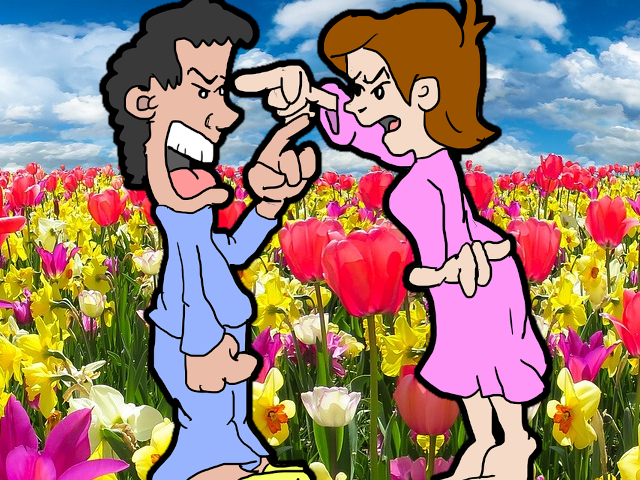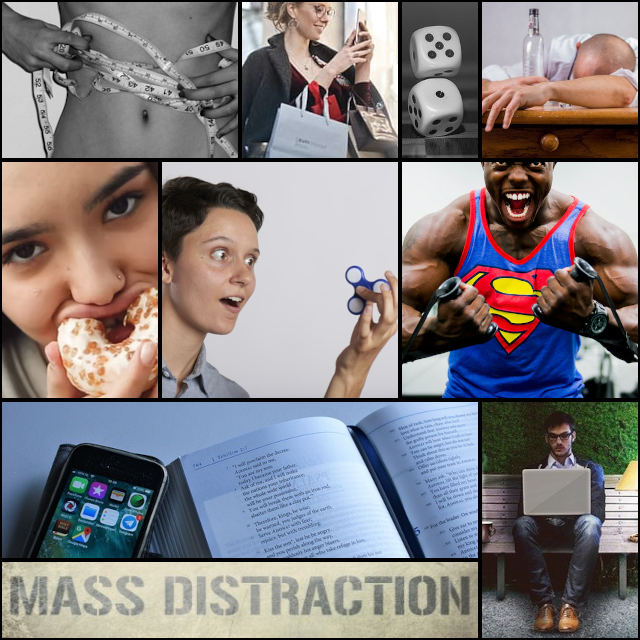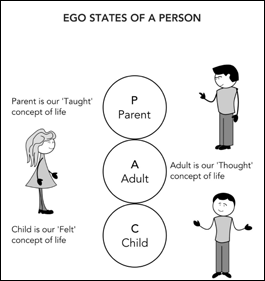Aggressors are not OK, and for them, no one else can be OK either. They need someone Helpless to persecute. The Aggressors hope in putting someone else down is as a vain attempt to feel a little better about themselves. And as this is only ever for just a moment, generally their harassment becomes more frequent and intense.
However, at some level within themselves they really do know the truth: that this momentary boost is usually only acquired through someone else’s fear of what might happen if they don’t give in to the Aggressor.
The Helpless is also not OK. The have to believe that the world is always mistreating them...
Read More















 Many years ago, people believed that a healthy relationship looked like this: two complementary halves making a whole. Now we understand that a relationship that looks like this is far from complementary and where generally one person in the couple dominates the other.
Many years ago, people believed that a healthy relationship looked like this: two complementary halves making a whole. Now we understand that a relationship that looks like this is far from complementary and where generally one person in the couple dominates the other.
